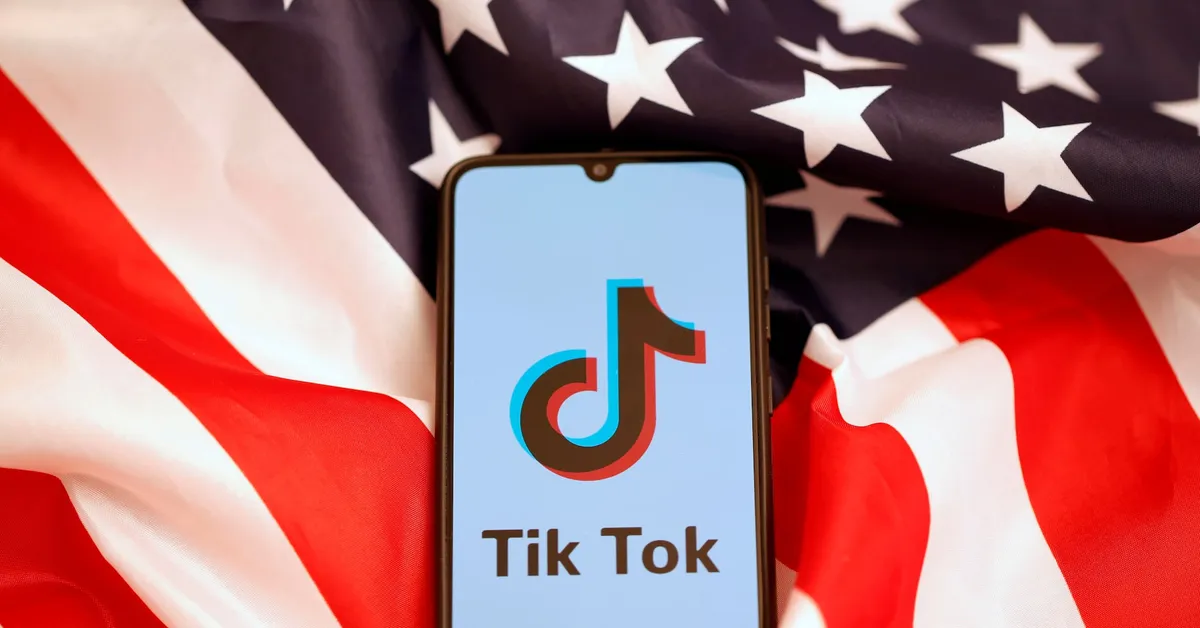
On September 19, 2023, President Donald Trump and Chinese President Xi Jinping are set to engage in a crucial phone call aimed at reaching a consensus that will allow the popular video app TikTok to continue operating in the United States. This conversation comes at a time when both leaders are striving to ease ongoing tensions between the two superpowers, which have been exacerbated by trade disputes and economic challenges.
Although there has been no official confirmation from China regarding the upcoming call, the discussions between Trump and Xi are believed to be a precursor to a potential in-person summit during the Asia-Pacific Economic Cooperation (APEC) summit, scheduled to take place in South Korea from October 30 to November 1, 2023. Reuters has reported that this summit could provide a platform for addressing key issues affecting U.S.-China relations.
One of the significant hurdles Trump faces in keeping TikTok operational in the U.S. is obtaining Beijing's approval. Congress has mandated that TikTok must be shut down for American users by January 2025 unless its U.S. assets are sold by its Chinese parent company, ByteDance. While Trump has refrained from enforcing this law, he is aware that banning TikTok could alienate its vast user base and disrupt vital political communications. "I like TikTok; it helped get me elected," Trump remarked during a press conference, underscoring the app's importance in his political strategy.
The proposed deal would involve transferring TikTok's U.S. assets from ByteDance to American owners. Sources close to the negotiations indicate that the U.S. version of TikTok would continue to leverage ByteDance's advanced algorithm, ensuring that the app maintains its competitive edge in the market.
Despite Trump’s efforts to position his foreign policy as one focused on peace and negotiation, relations between the United States and China remain strained. During his Thursday press conference, Trump stated, "We're pretty close to a deal," alluding to broader trade negotiations. He hinted at the possibility of extending current trade terms with China, suggesting that the existing agreements are beneficial.
In addition to discussions surrounding TikTok, the U.S. government is pressing China to take action against the export of fentanyl-related chemicals, which have contributed significantly to the ongoing overdose crisis in the United States. In response, Beijing has accused Washington of misrepresenting the issue, further complicating diplomatic relations.
Recent economic data indicate that both China and the United States are experiencing slowdowns, with a series of limited agreements since May helping to pause the ongoing tariff conflicts. These agreements have also sidelined critical issues, such as China's restrictions on the export of rare-earth magnets essential for high-tech manufacturing in the U.S. Conversely, Trump's administration has imposed restrictions on China's access to certain technological resources, including semiconductor design software and jet engines.
Tariffs have been a cornerstone of Trump’s economic strategy, reaching levels not seen in nearly a century. He has framed tariffs as a solution to restore lost manufacturing jobs, address chronic federal deficits, and correct perceived trade imbalances. Despite these efforts, China continues to be the U.S.'s third-largest trading partner, contributing to the largest bilateral trade deficit in goods.
As the relationship between the two largest economies in the world evolves, the role of high-level diplomacy cannot be overstated. Liu Pengyu, a spokesperson for the Chinese embassy in Washington, emphasized the significance of heads-of-state diplomacy in shaping the future of China-U.S. relations.
As negotiations unfold, the outcomes of these discussions will likely have far-reaching implications for both nations, particularly in areas such as trade, technology, and international cooperation.